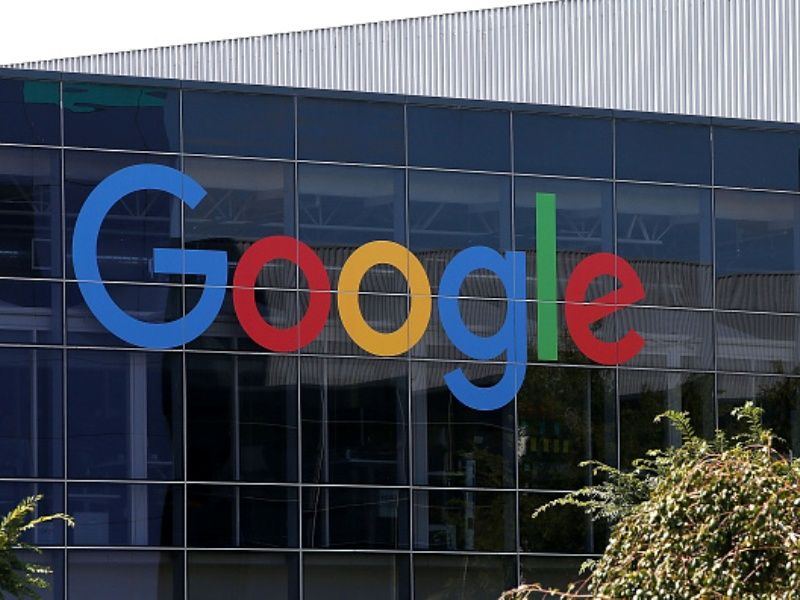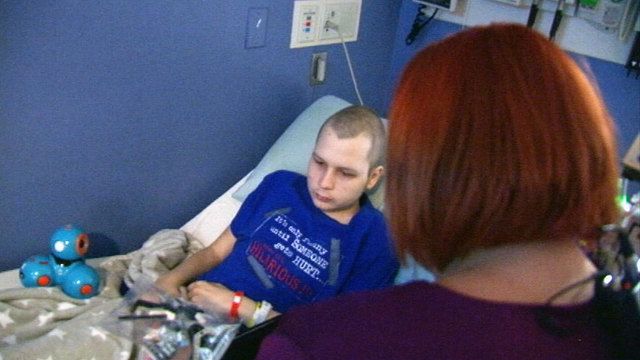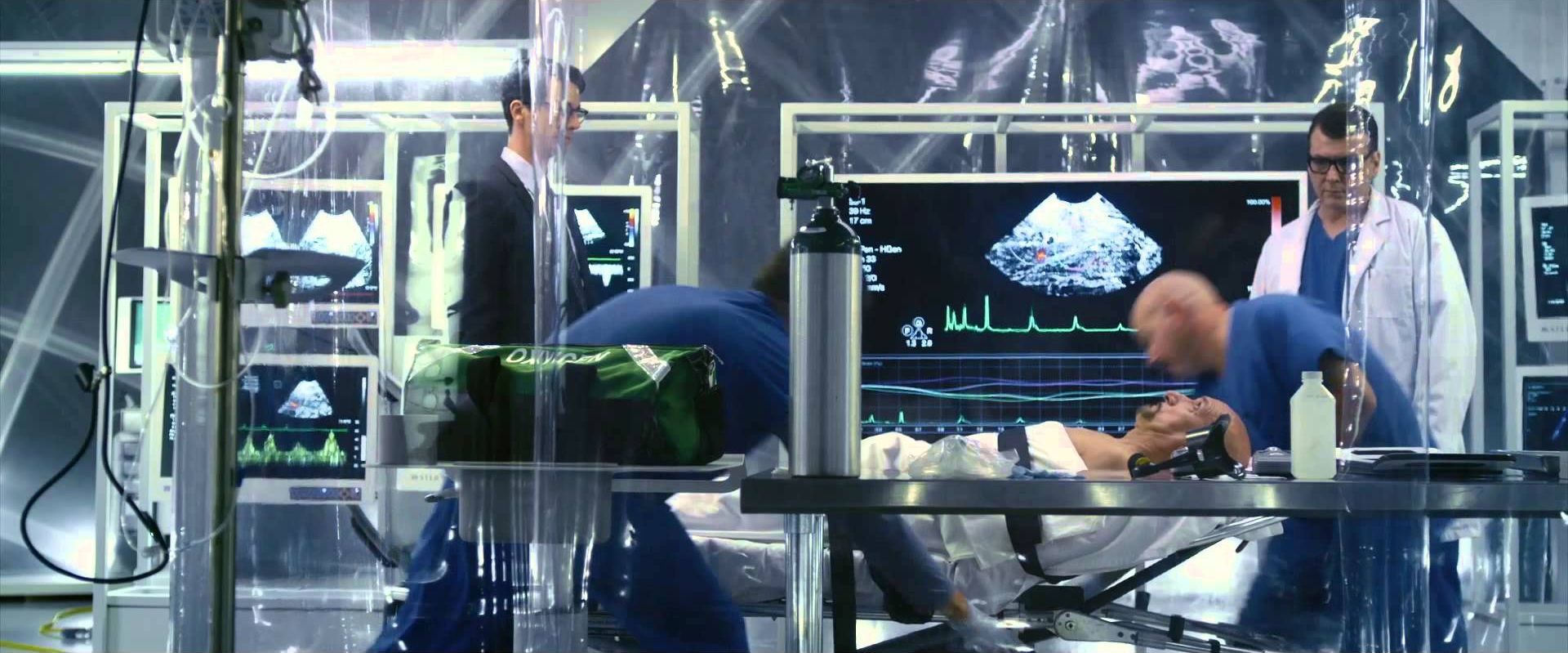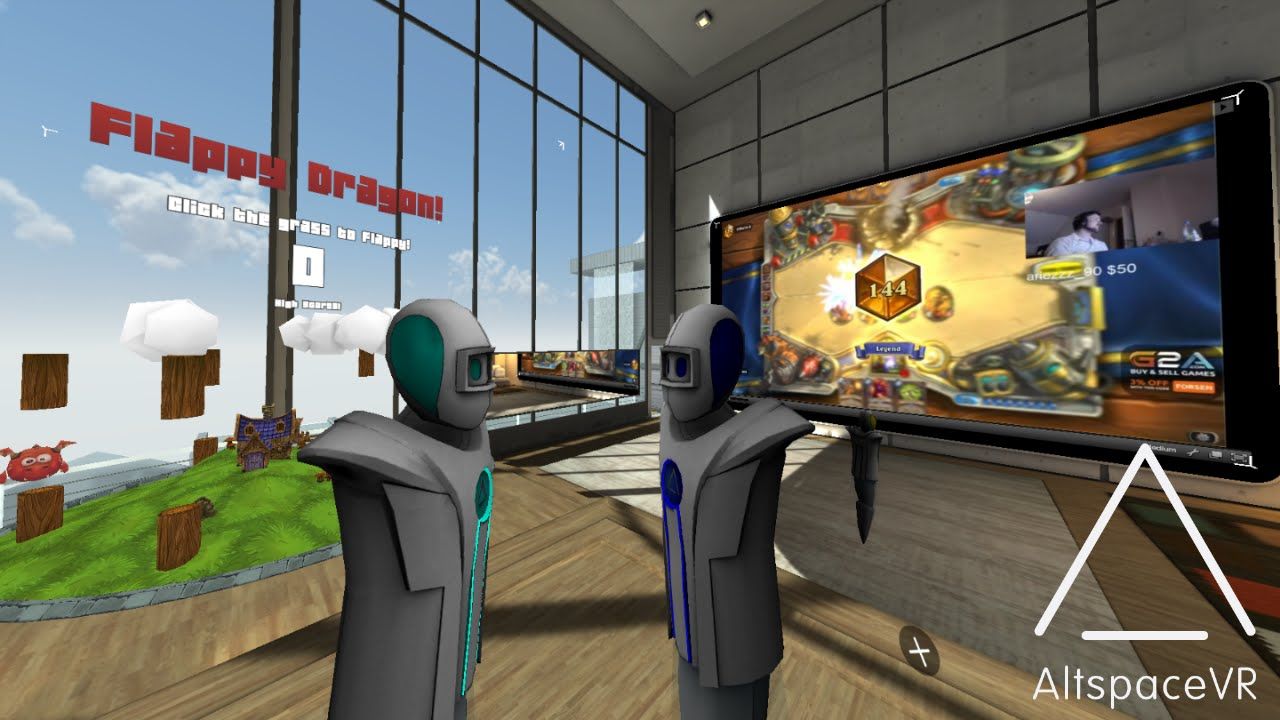Actors and Actresses will never have to worry about reading through pages of scripts to decide whether or not the role is worth their time; AI will do the work for you.
A version of this story first appeared in the Feb. 26 issue of The Hollywood Reporter magazine. To receive the magazine, click here to subscribe.
During his 12 years in UTA’s story department, Scott Foster estimates he read about 5,500 screenplays. “Even if it was the worst script ever, I had to read it cover to cover,” he says. So when Foster left the agency in 2013, he teamed with Portland, Ore.-based techie Brian Austin to create ScriptHop, an artificial intelligence system that manages the volume of screenplays that every agency and studio houses. “When I took over [at UTA], we were managing hundreds of thousands of scripts on a Word document,” says Foster, who also worked at Endeavor and Handprint before UTA. “The program began to eat itself and become corrupt because there was too much information to handle.” ScriptHop can read a script and do a complete character breakdown in four seconds, versus the roughly four man hours required of a reader. The tool, which launches Feb. 16 is free, and is a sample of the overall platform coming later in 2016 that will recommend screenplays as well as store and manage a company’s library for a subscription fee of $29.99 a month per user.
As for how exactly it works, Austin is staying mum. “There’s a lot of sauce in the secret sauce,” he says. Foster and Austin aren’t the first to create AI to analyze scripts. ScriptBook launched in 2015 as an algorithmic assessment to determine a script’s box-office potential. By contrast, ScriptHop is more akin to a Dewey Decimal System for film and TV. Say a manager needs to find a project for a 29-year-old male client who is 5 feet tall, ScriptHop will spit out the options quickly. “If you’re an agent looking for roles for minority clients, it’s hugely helpful,” says Foster. There’s also an emotional response dynamic (i.e., Oscar bait) that charts a character’s cathartic peaks and valleys as well as screen time and shooting days. So Meryl Streep instantly can find the best way to spend a one month window between studio gigs. Either way, it appears that A.I. script reading is the future. The only question is what would ScriptHop make of Ex Machina’s Ava? “That would be an interesting character breakdown,” jokes Foster.
Read more









